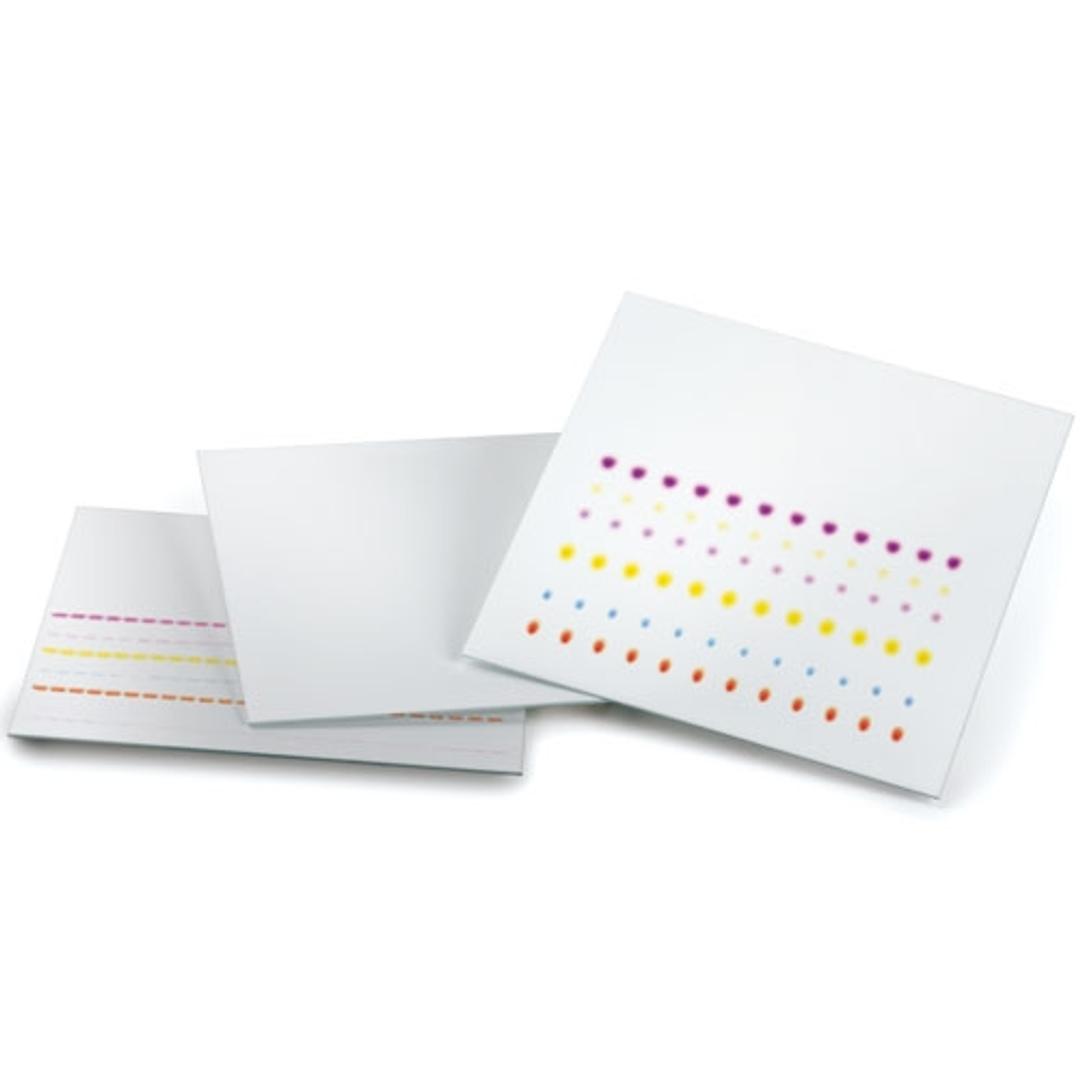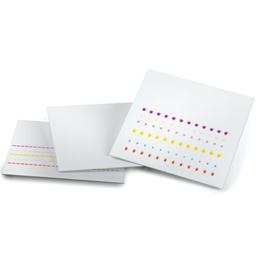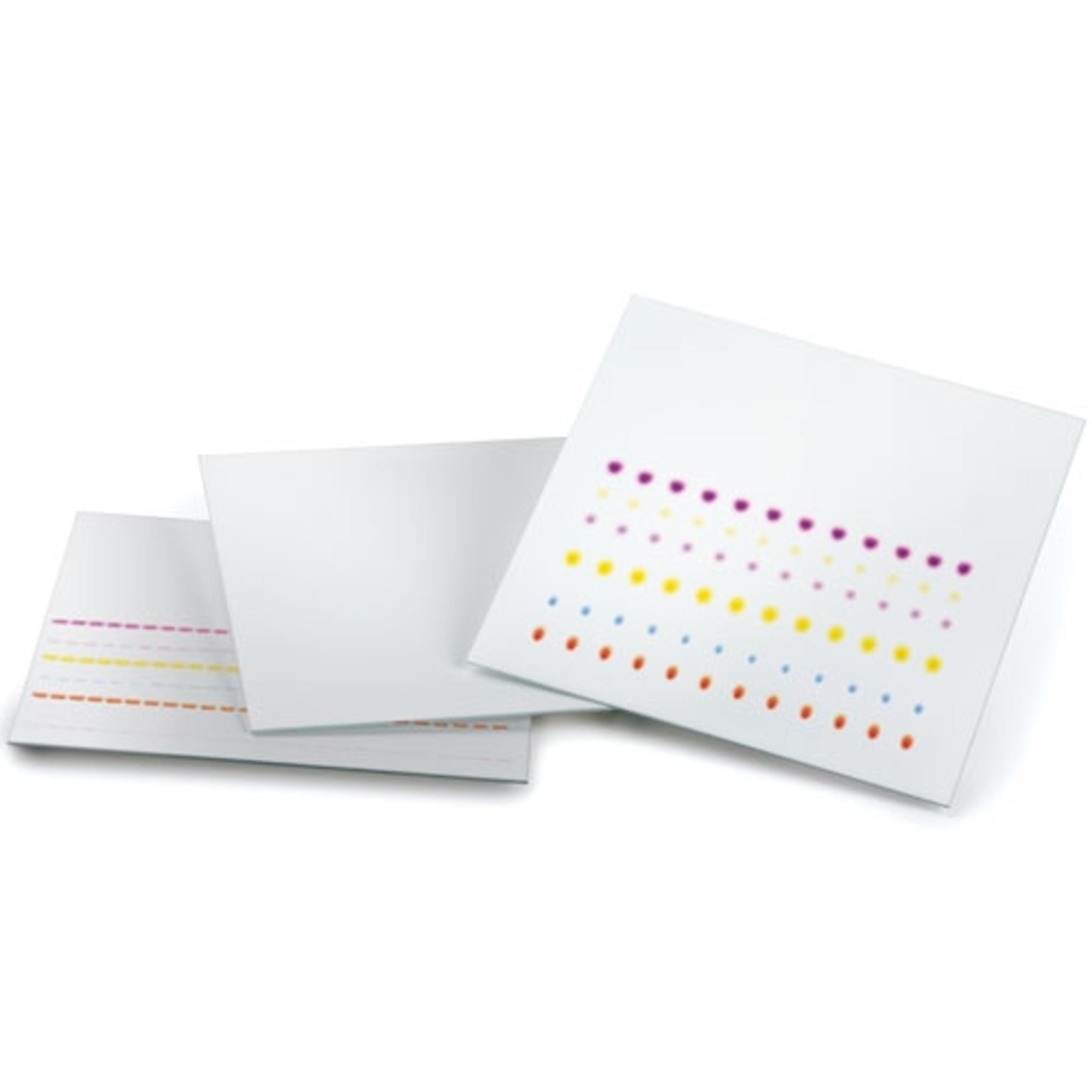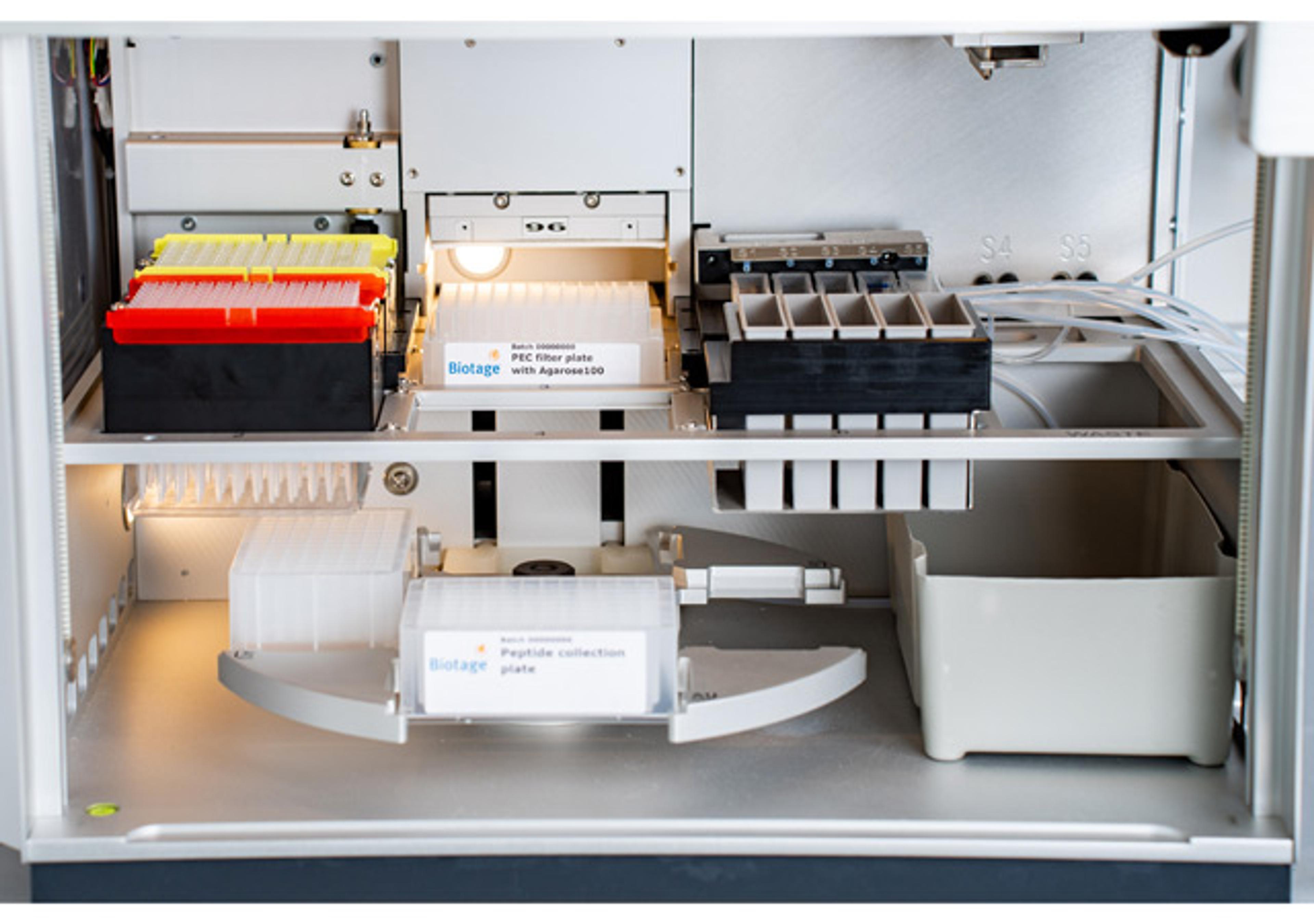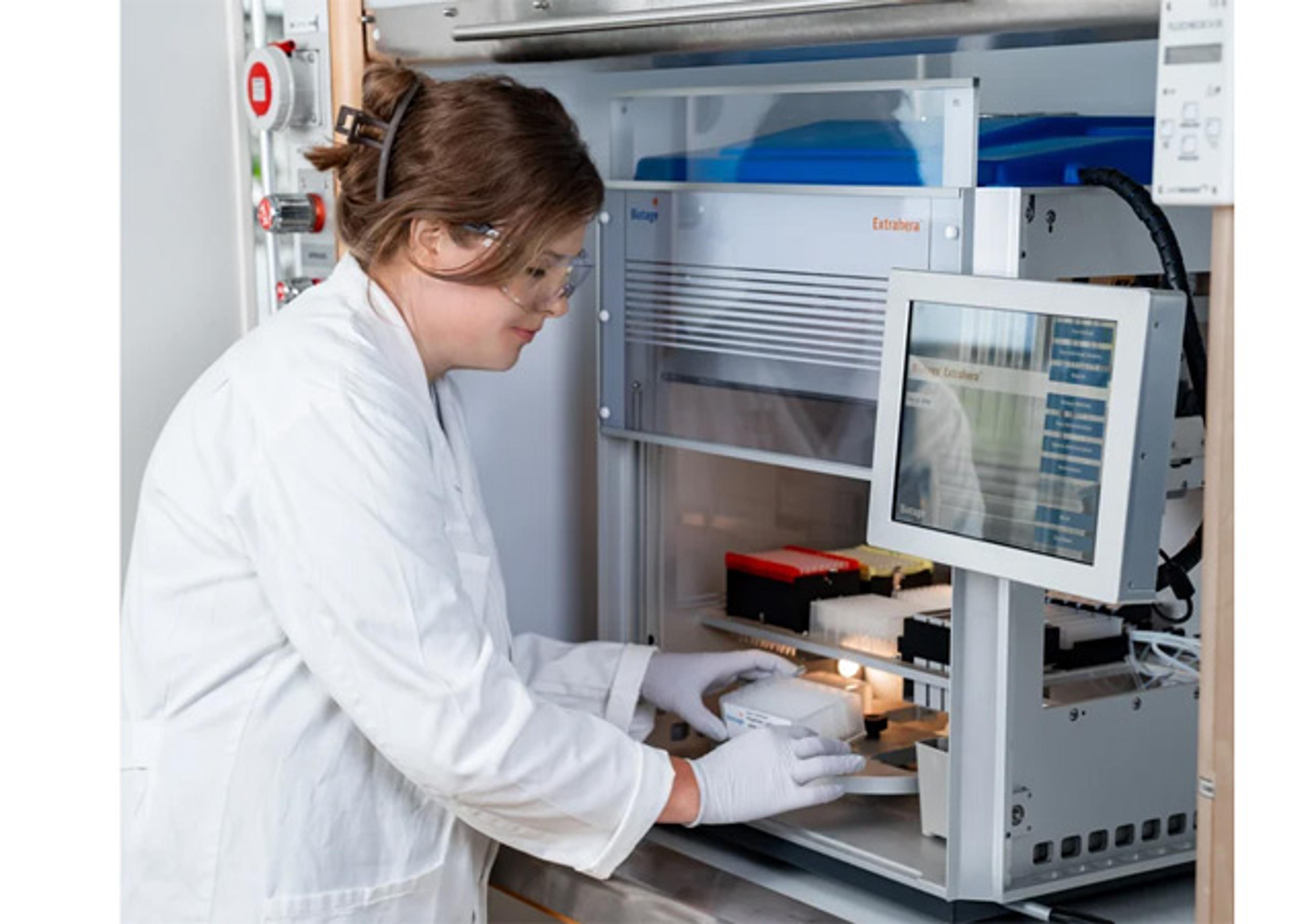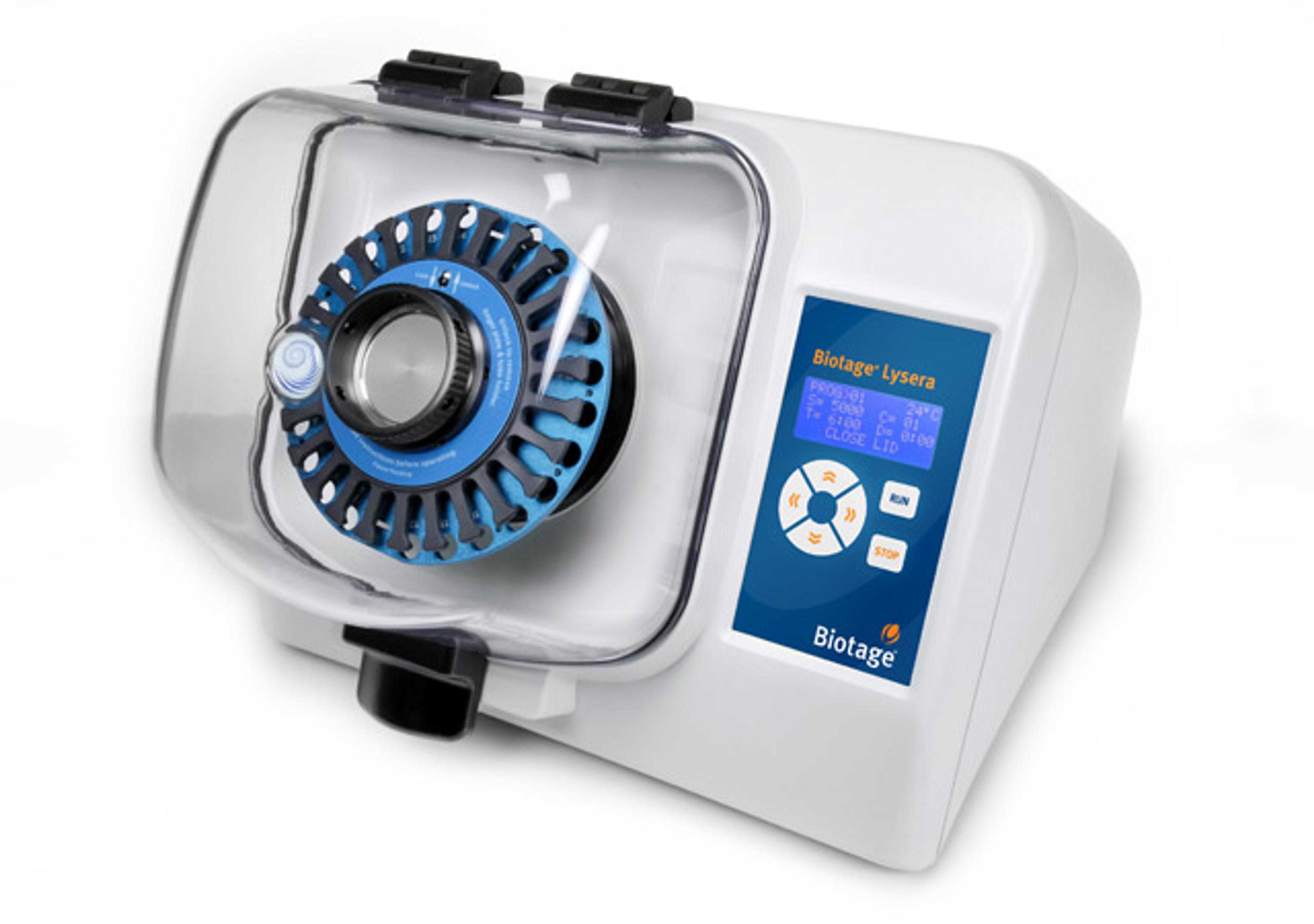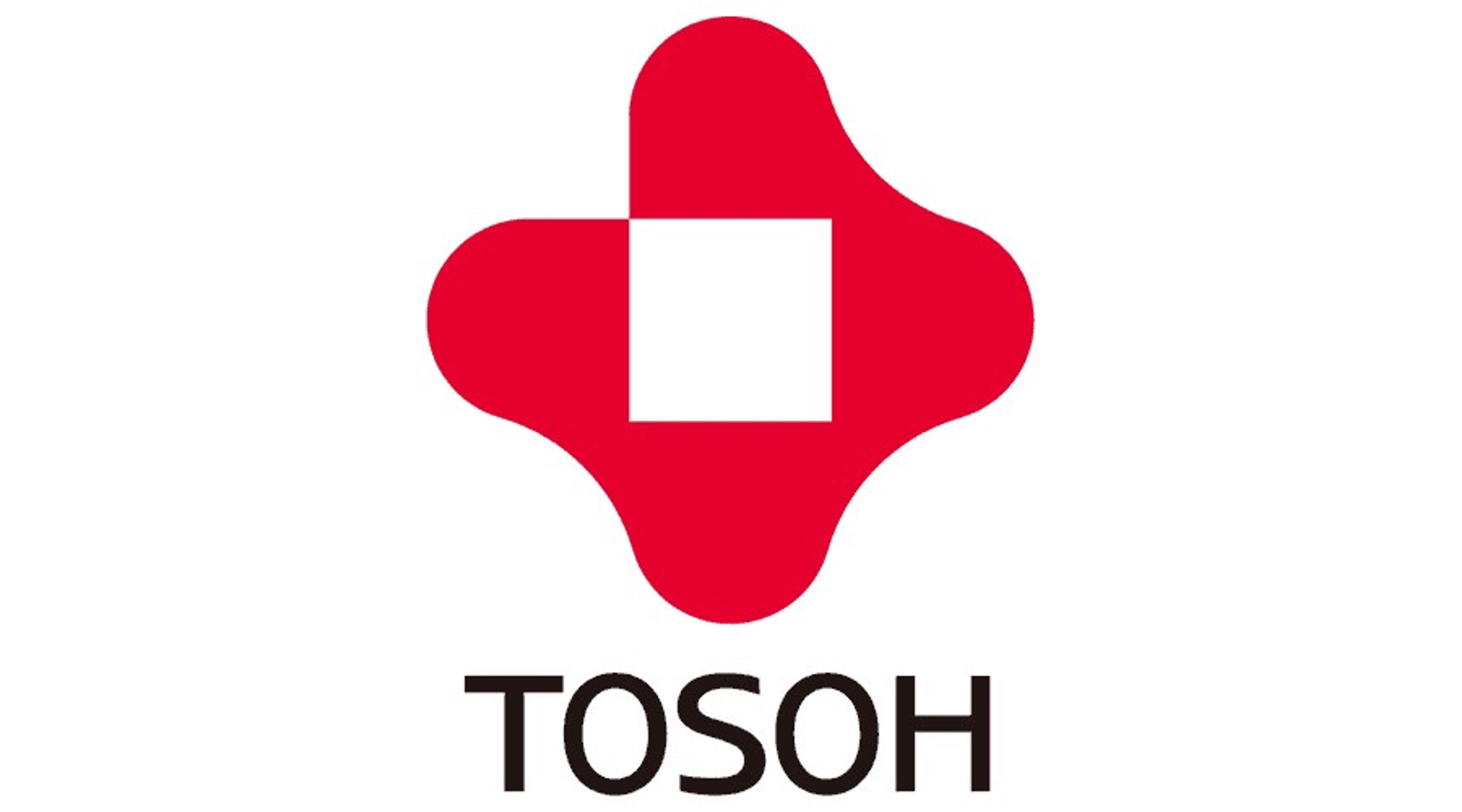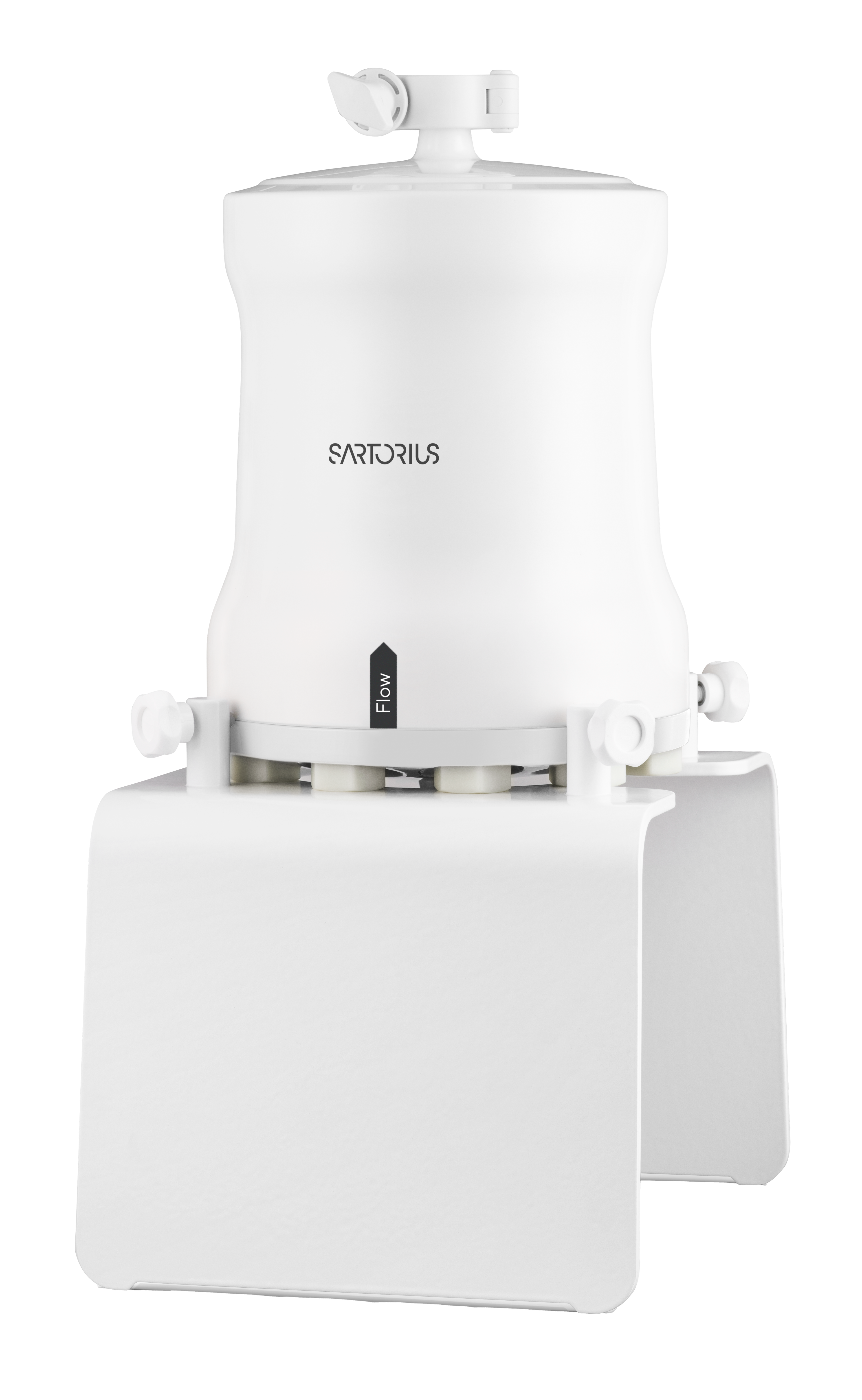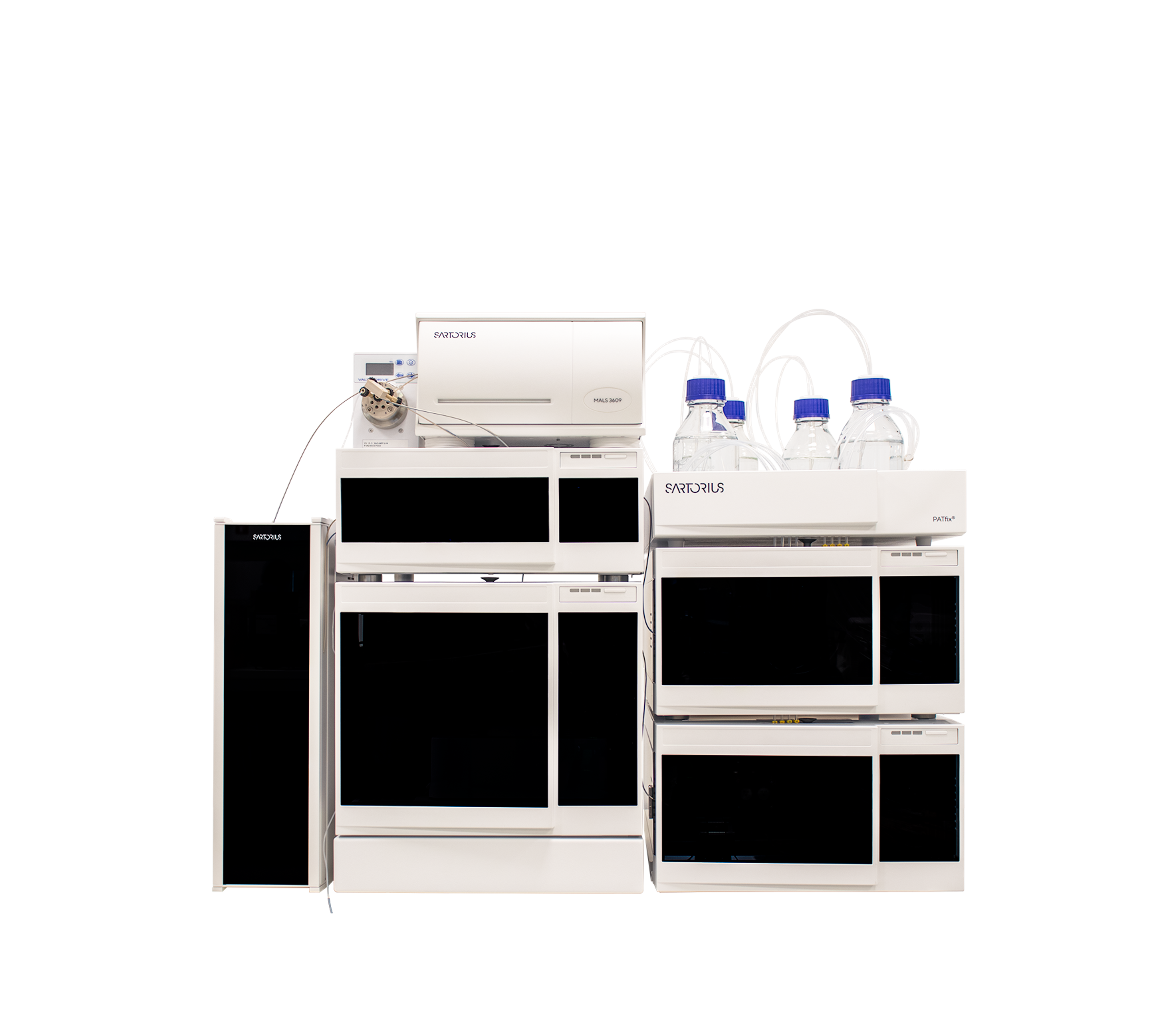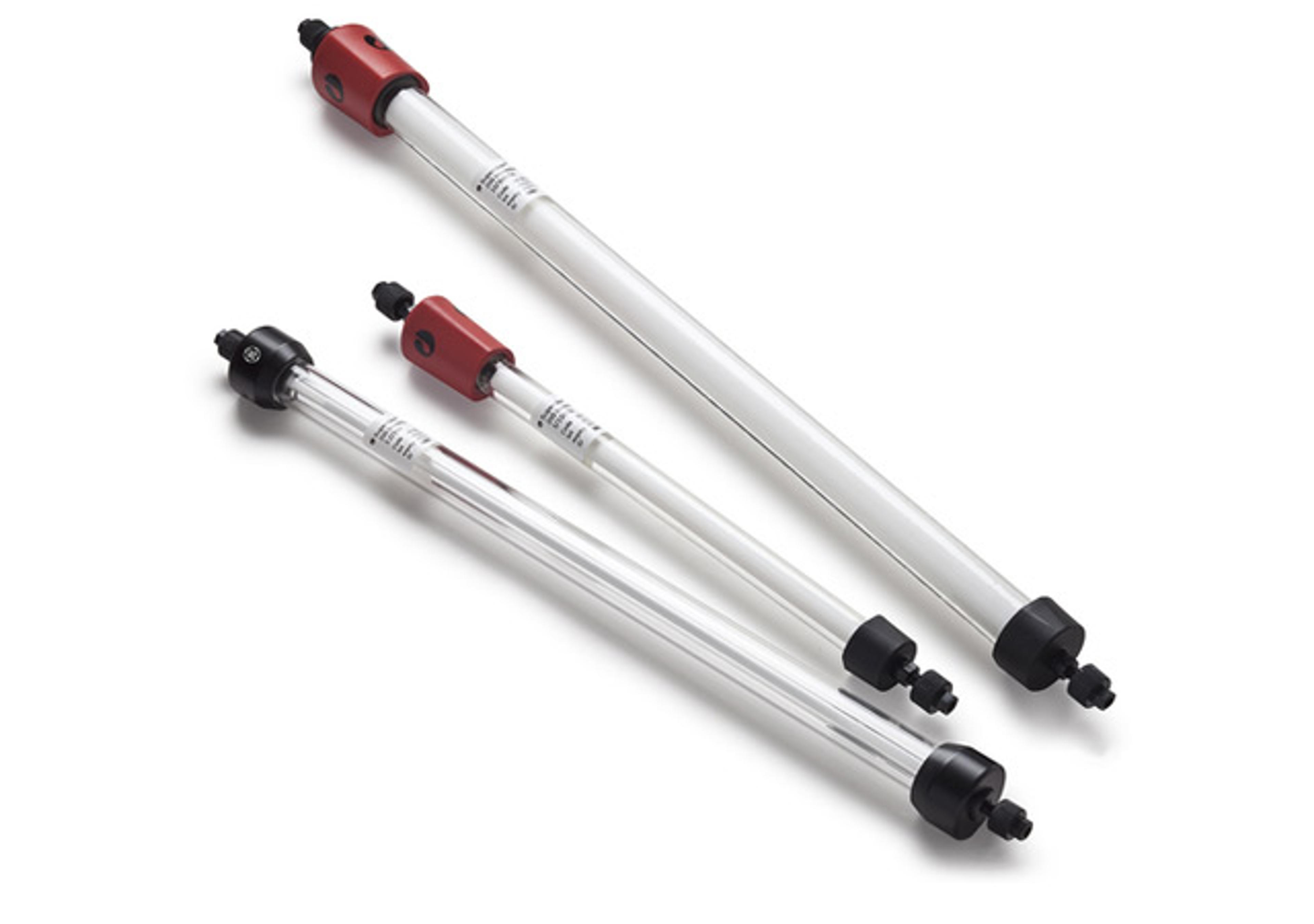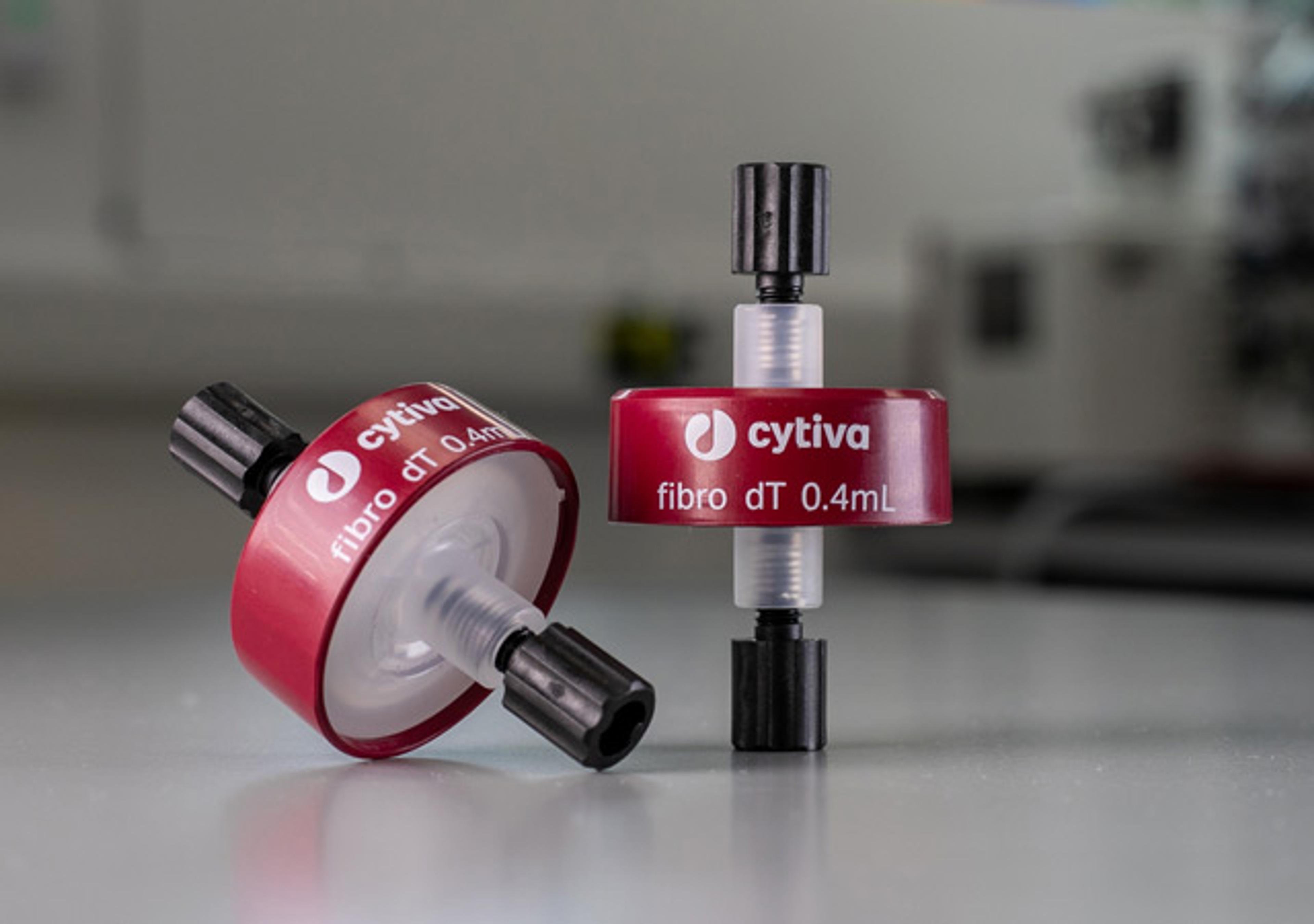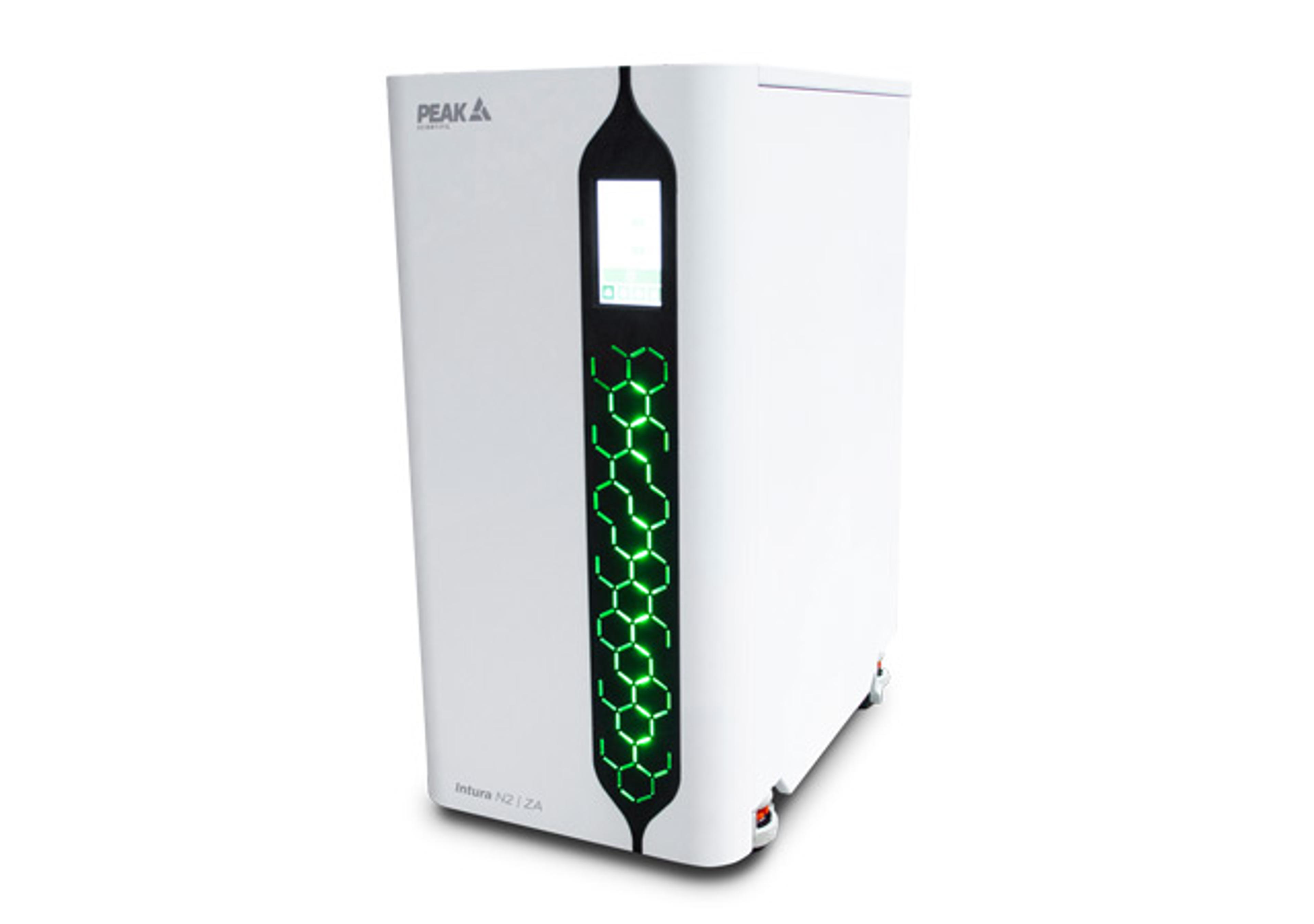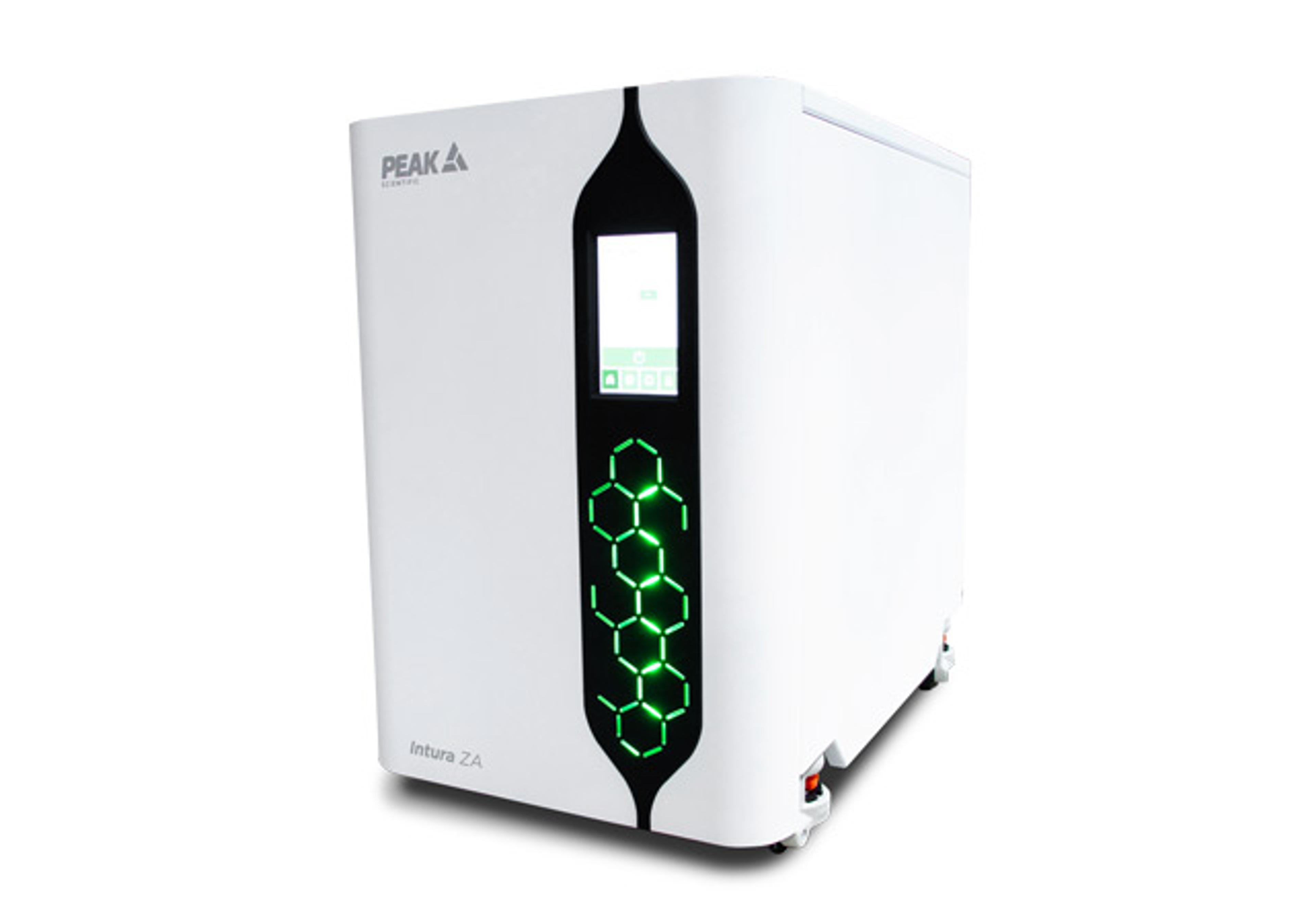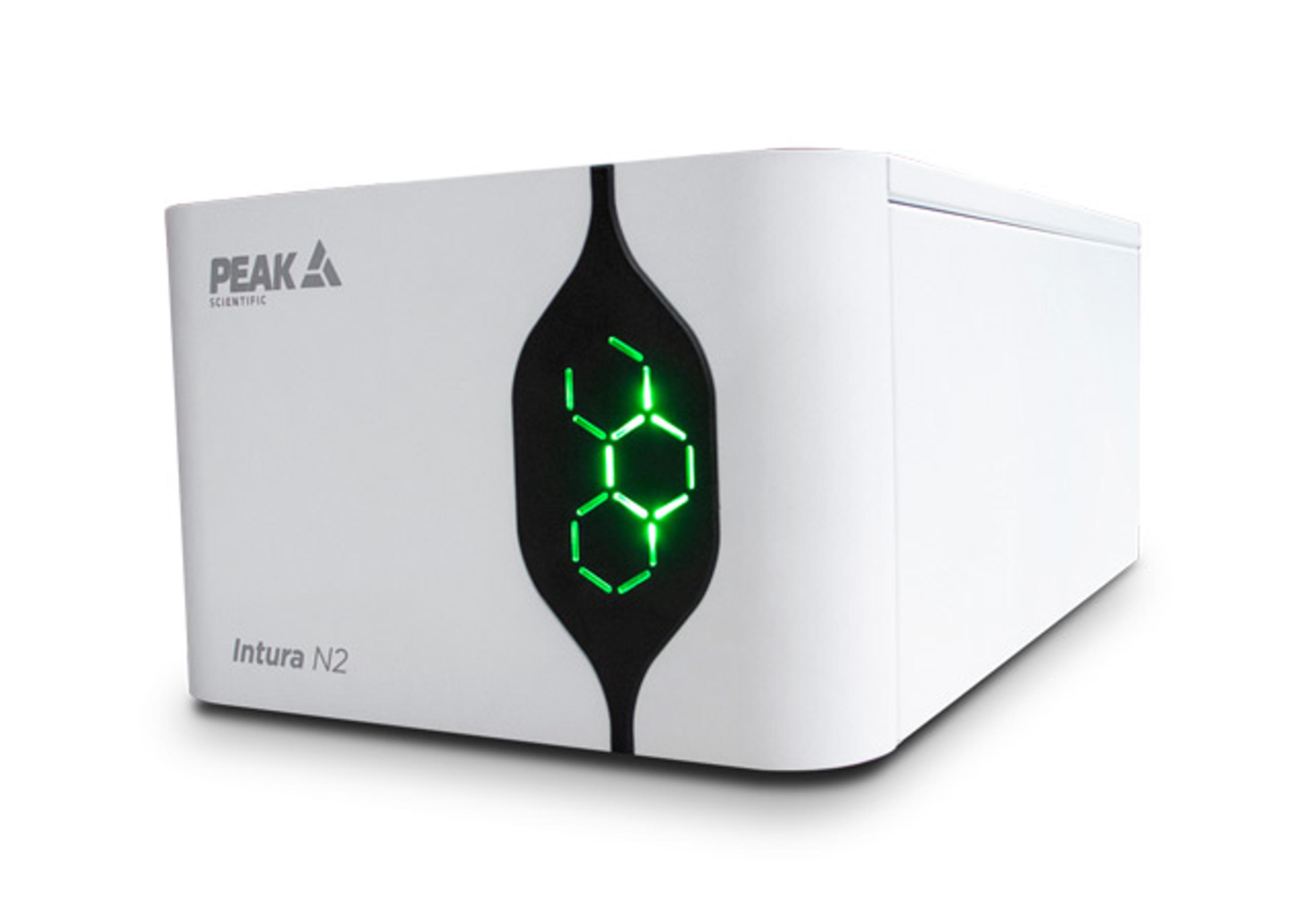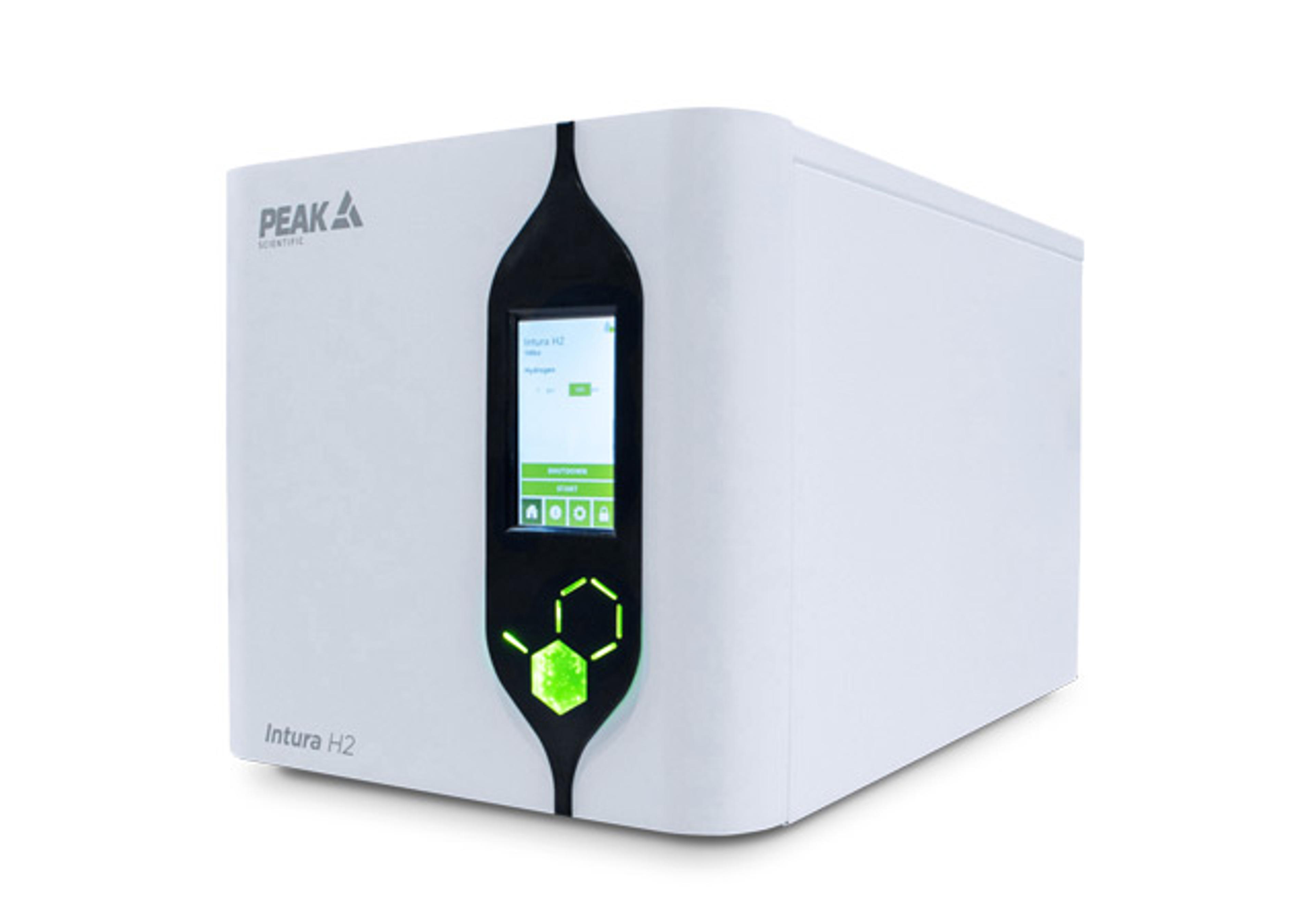TLC and HPTLC MS-Grade Plates
Coupling TLC plates with mass spectrometry (TLC-MS) is a new field of high interest in planar chromatography. One particular advantage of TLC-MS is the flexibility it offers in the choice of mobile phases for separations. In comparison, HPLC-MS coupling does not allow the use of certain mobile phases, such as inorganic buffers.

The supplier does not provide quotations for this product through SelectScience. You can search for similar products in our Product Directory.
Separation and Rf value is distinguishable
NCE characterization
NCE at final step is separated with high resolution and easily visible. Product can be monitored during isolation and purification
Review Date: 2 Dec 2022 | Merck
Good plates very useful in the pharmaceutical industry
Separation of plant samples
TLC plates are useful for the separation of compounds from crude extract. Used in forensic science and the synthesis of plant based products.
Review Date: 11 Feb 2022 | Merck
Several combinations of TLC with MS are possible: Elution-based TLC-MS or desorption based TLC-MS. We offer TLC-MS plates as well as HPTLC-MS on Glass or alumina backing to meet the individual need of our customers.
- TLC-MS Coupling Techniques: The techniques for coupling TLC with mass spectrometry can be divided into elution-based, or desorption-based. Both approaches are offline, and are performed after the separation is completed and the plate dried. Sample transfer to the mass spectrometer is fast and typically takes less than one minute.
- Elution-based TLC-MS: The analyte on the silica plate is dissolved in a solvent and transferred to the mass spectrometer in the liquid phase. In addition the combination to many other analytical methods are possible including eluting the selected band into vials for further investigation
- Desorption-based TLC-MS: The analyte is vaporized from the silica, and transferred to the mass spectrometer in the gas phase. Vaporization techniques include gas beam, ion bombardment, and MALDI (matrix-assisted laser desorption/ionization).

